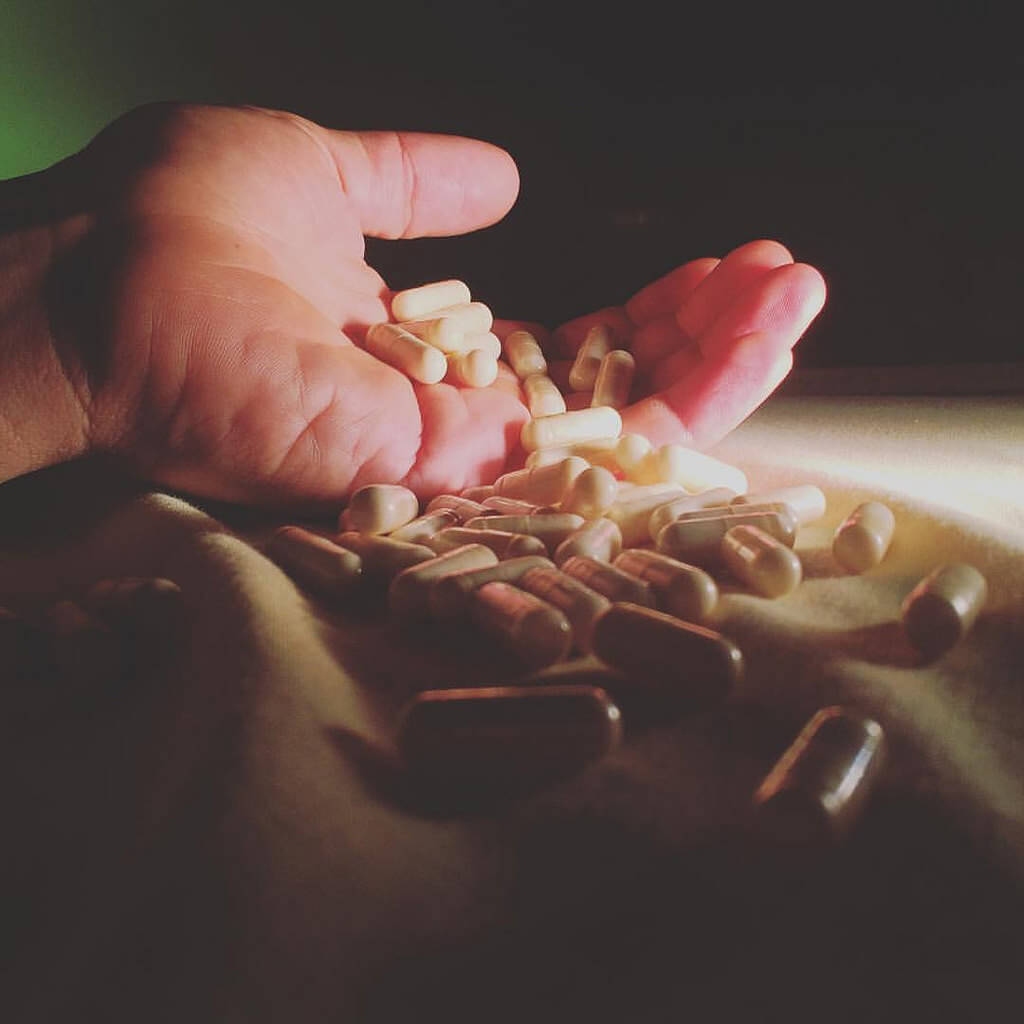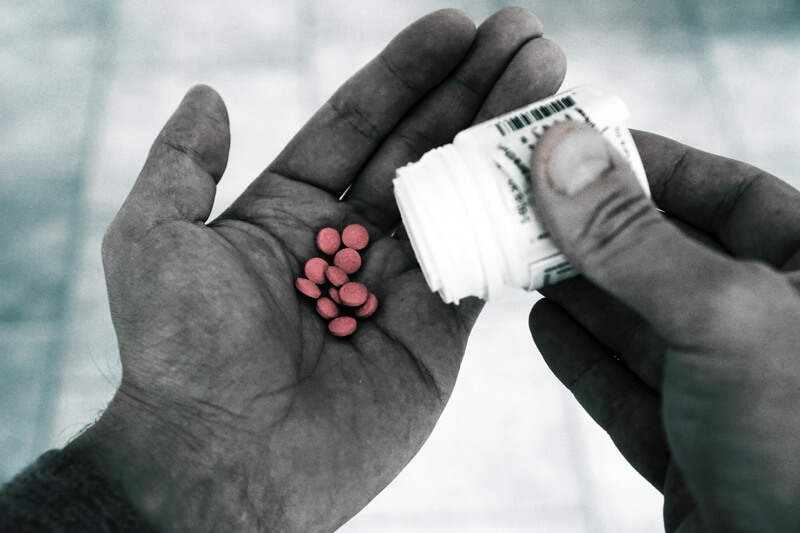Is it illegal to take another person’s prescription? The simple answer is yes. No matter the circumstances, you are taking a medication that wasn’t prescribed for you by a medical professional. It may seem obvious to some, but here’s our complete list of ‘Reasons to Avoid Sharing Prescription Drugs,’ in case you shared any reservations on the matter.
Sharing prescription drug laws are not the only issues raised by the decision to take medicine without prescriptions.
Taking other people’s medications can put your physical and mental health in jeopardy. Plus, you may be depriving the prescription holder of the resources they need to stay healthy and balanced.
Maybe you know deep down that it isn’t a good decision. We encourage you to keep reading so that you may understand how harmful of a decision it is.
Consider Why You Are Debating Taking Medicine You Aren’t Prescribed
As a first step, we’d like to ask that you do a bit of reflection. What is it that you are hoping to achieve by taking someone else’s prescription drugs?
It could be that you’ve been experiencing a great deal of pain or mental anguish and you are seeking relief. There’s no shame in asking for help, but you need to approach it the right way.
If you feel that you are in need of prescription medication, make an appointment with your doctor or psychiatrist. Together, you can determine the right medication and dosage to suit your needs.
Maybe you have been prescribed the same medication before and ran out. It’s the same stuff, right? A doctor prescribed it to you before, so what harm is there in taking it again?
There is a reason why doctors have to verify your need for a refill. Some medications are only meant to be temporary solutions. Long-term use can have negative side effects. Plus, you are exposing yourself to the risk of taking the wrong dosage of a medication, which we will talk more about later on.
Finally, it’s possible that you are curious about what a certain medication feels like. Studies have shown that the most commonly abused drugs in the United States are opioids, depressants, and stimulants.
These medications have beneficial uses for those prescribed to them. However, they are often viewed as recreational drugs with the ability to alter the state of mind of those who do not need them for medical reasons.
If you fall into this last category and find yourself craving or addicted to these medications because of the altered states they can produce, you may need to take serious action and seek help to overcome your dependency on them.
Reasons Not To Take Medicine Without Prescriptions
You have considered why you are interested in or have been taking medications you don’t have a prescription for. Now we would like to address some of the most important reasons why you should never do this.
We’d like to remind you that yes, there are prescription drug laws that render this action illegal. However, that is not our only or even our biggest concern. What matters most is your health and safety.
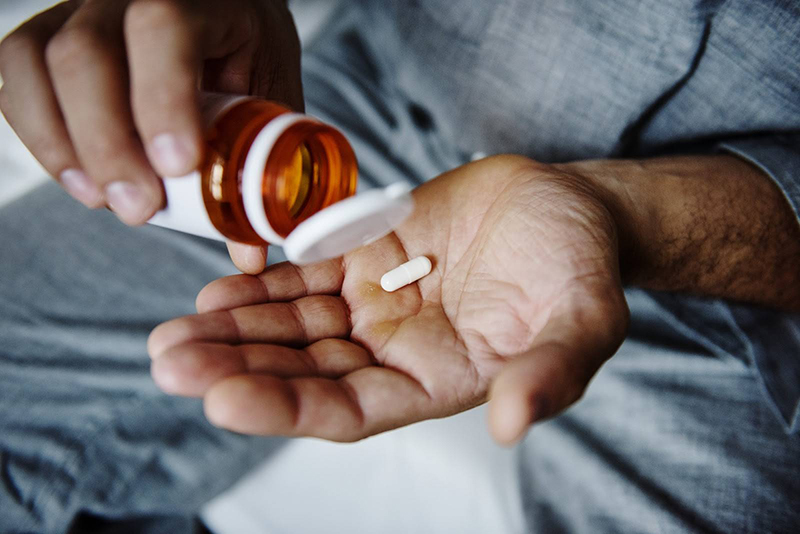
You Don’t Know All the Side Effects
Unless you have spoken with a medical professional about the possible side effects of a medication, you may not know what those side effects are.
If those side effects are internal–for example, some medications can be potentially harmful to the kidneys or liver–you won’t notice the effects right away. If you can’t feel it and you aren’t aware that it’s a possibility, you could be creating serious health issues that could worsen down the road.
If those side effects are more palpable–for example, some medications cause light-headedness, nausea, or insomnia–you may come to the conclusion that those side effects are their own disorders that need medical attention. In reality, they would go away if you stopped taking the medication you aren’t prescribed.
You Don’t Know What You’re Actually Taking
Unless a medication has come into your hands from the hands of a pharmacist, you can’t be sure that what you’re taking is what you’ve been lead to believe it is.
The bottle you found in your roommate’s medicine cabinet may be empty of what it originally contained and repurposed to hold something else. The friend who’s promising you one thing may be intentionally giving you something else. Maybe you’ve confused the name of two different drugs and accidentally took something you didn’t intend to take.
There’s no real way to know, and that’s not a risk worth taking.
You Don’t Know What Dosage You Are Taking
This is an important one, especially for anyone who thinks that because they’ve been prescribed a medication in the past, it’s okay to take again without their own prescription.
The dosage a doctor prescribes is not a one-size-fits-all amount or an arbitrary number. The correct dosage depends on a myriad of things, from the severity of the disorder the medication is prescribed for to the physical build of the patient.
In other words, dosages are catered to each prescribed user. If it isn’t your prescription, it hasn’t been catered to you.
Plus, many medications need to be taken in small increments before working up to a full dose
Without these instructions, you may unknowingly take more of a medication than your body is prepared to process
Other Medications You Take Could Interact Negatively With the One You Aren’t Prescribed
Not all medications interact well, and some combinations can cause serious problems. These are things your doctor can keep in mind when changing or adding to your prescribed medications, but you may not have all of that information off the top of your head.
Even herbal supplements and over the counter medications can have bad reactions with prescription drugs. Even if you aren’t taking any other prescription medications, this is is still something you need to be aware of.
You can do some research online to make sure that the combination of drugs you take aren’t deadly. We understand that it can take time to seek the help you need to stop taking medicine without prescriptions altogether. If you aren’t ready to ask for help, at least make sure that you are not putting your life in serious danger.
You Could Be Allergic to the Medication
There are a lot of different ingredients and components that go into a single medication. Even if you believe that you are knowledgable about a prescription drug, it is unlikely that you know what it’s made from.
If your allergies are known to your doctor, they won’t prescribe something that will trigger those allergies. If they aren’t, your doctor will be able to monitor your reaction to a medication and determine if it’s safe for you to take or if you need to stop taking it immediately.
By taking medicines without prescriptions, you are exposing yourself to the possibility of an allergic reaction, which could be severe enough to be life-threatening.
You Could Be Harming Someone Else
Maybe you’re sneaking prescription medication from someone in your household. Maybe you’re giving someone money in exchange for a portion of their prescription. Maybe you’ve discovered someone who is willing to give away their prescription for free.
No matter the circumstances, if someone has been prescribed a particular amount of a medication, it’s because a doctor believes that amount to be necessary. This means the whole bottle and for the entire time allotted on the prescription.
Whether people are unknowingly or willingly giving you their prescription medication, taking it from them could be harmful to their well-being.
In the Event of an Emergency, Medical Professionals Will Not Know What Drugs Are in Your System
One of the worst-case scenarios of taking medications without prescriptions is a medical emergency resulting from an overdose or bad reaction.
If you are taken to the emergency room due to a medication you do not have a prescription for, the medical professionals trying to help you won’t know what it is that they need to treat. This is especially concerning when a patient has been rendered unconscious or is too afraid of repercussions to communicate about the drugs in their system.
Don’t risk your life for a medication you don’t have a prescription to.
If You’re Already Taking Medications Without Prescriptions, Take Action
If you or a loved one is struggling with an addiction to prescription medications or taking medicine without prescriptions, reach out for the help you need. We are not here to judge you for the decisions you have made, only to help you move forward.
It can be a lonely and difficult journey overcoming addiction. We understand that, which is why we offer treatment specifically for prescription pill addiction. It requires more than strength to battle drug addictions, and it is never a sign of weakness to ask for help.
To talk to an addiction counselor today or find out how much your insurance will cover when you enroll in one of our treatment programs, call 877-651-3366. If you’d rather not call but still want to get in touch with us, visit our contact sheet and send us a message. Let us help you in your journey towards recovery.

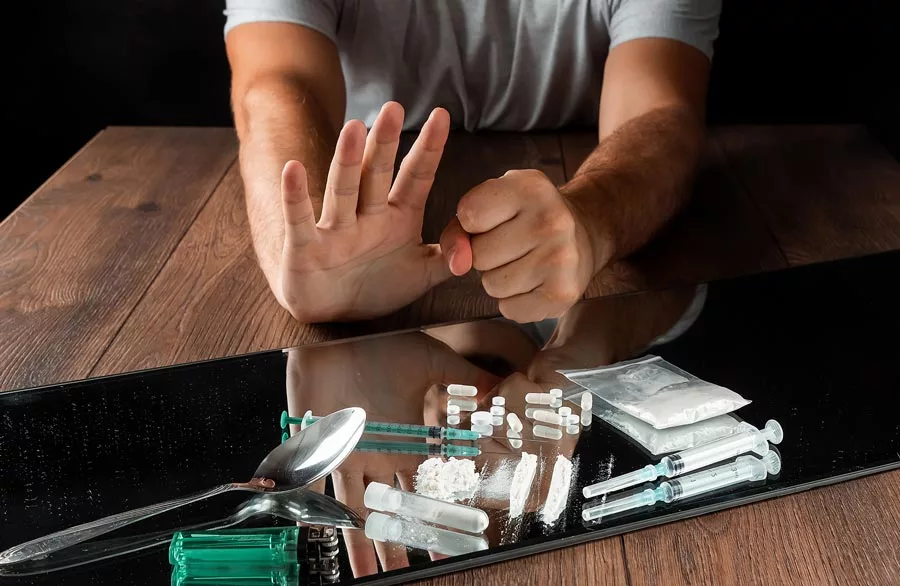
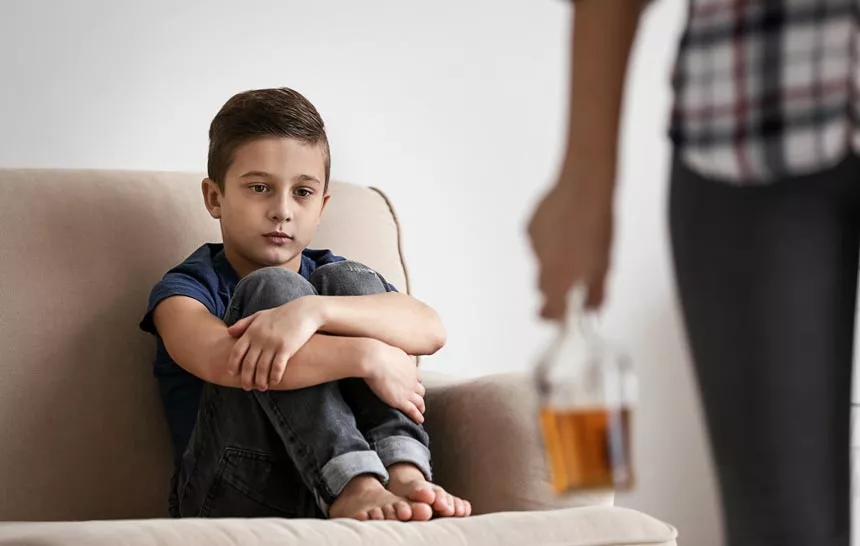
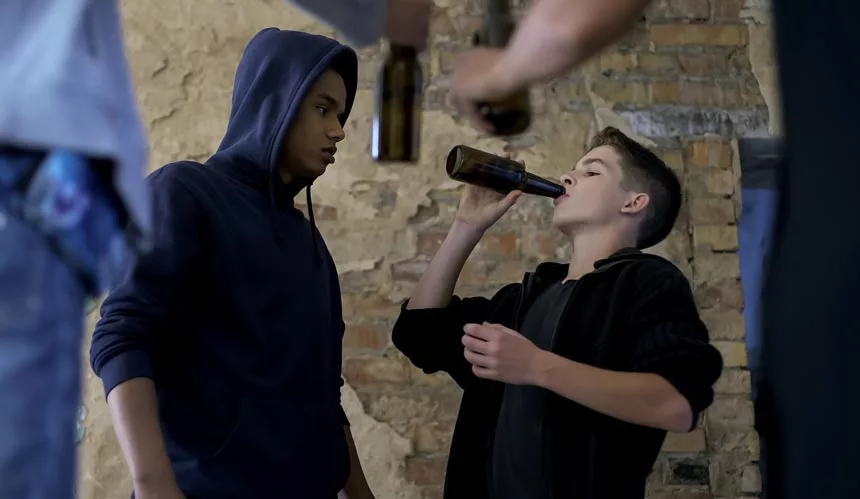



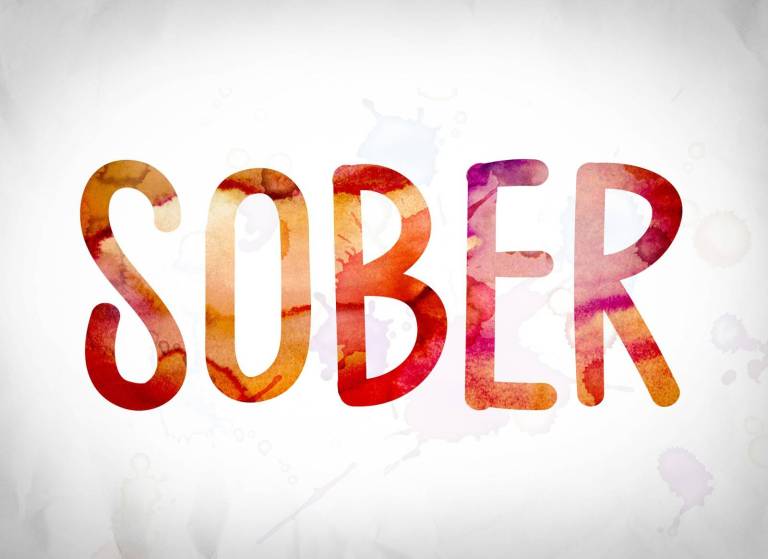

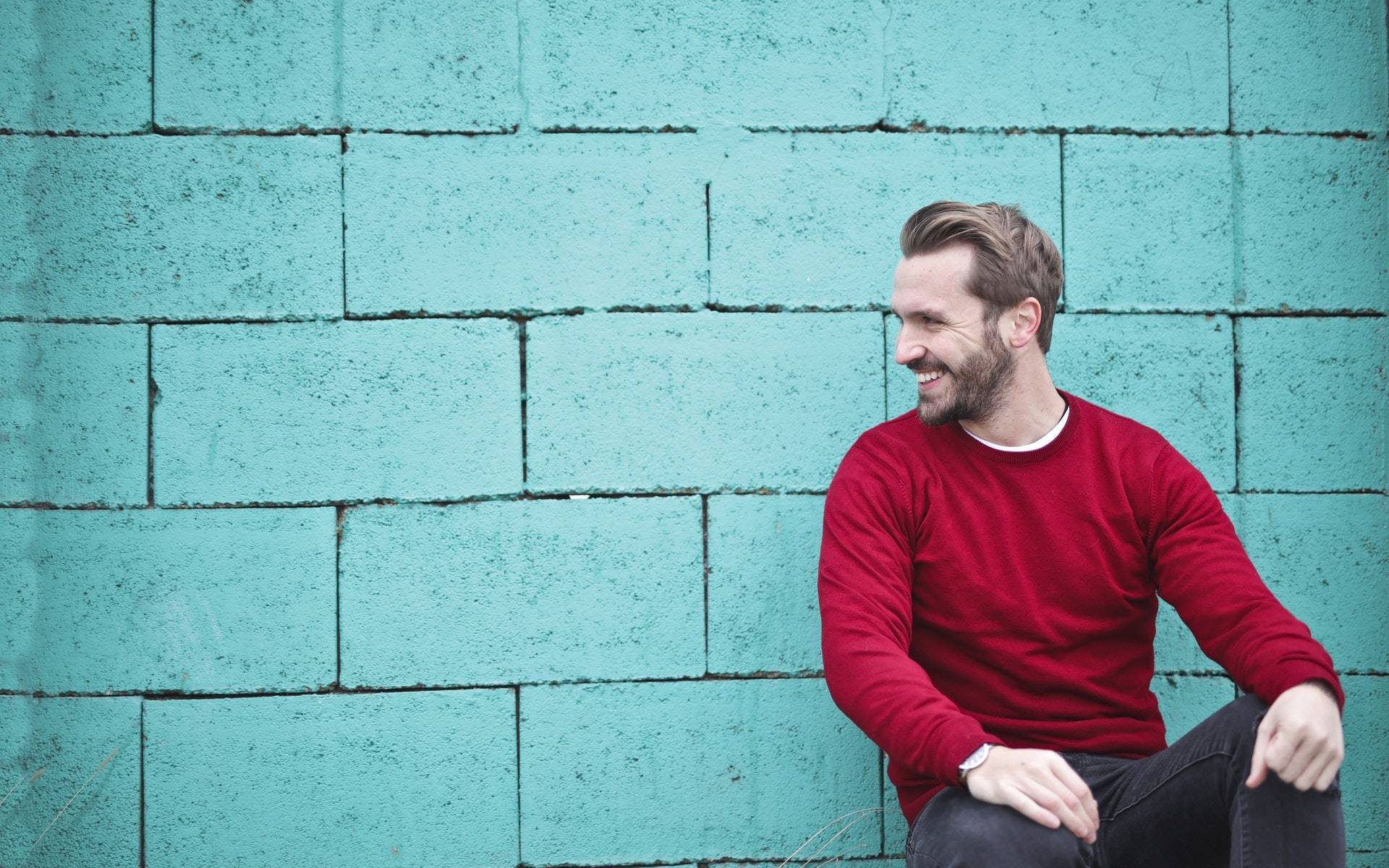
 Within 6 to 12 hours, minor symptoms start to appear. These include muscle aches, excessive yawning, trouble sleeping, headaches, or even a fever. It’s around this time that most common opioid abusers give in and go back to their substance.
Within 6 to 12 hours, minor symptoms start to appear. These include muscle aches, excessive yawning, trouble sleeping, headaches, or even a fever. It’s around this time that most common opioid abusers give in and go back to their substance. Many people don’t realize that drug abuse affects their emotional stability. The effects of consistent drug abuse can numb the natural coping mechanisms we’re supposed to use. When patients quit taking those numbing opioids, they tend to struggle with coping with emotions again.
Many people don’t realize that drug abuse affects their emotional stability. The effects of consistent drug abuse can numb the natural coping mechanisms we’re supposed to use. When patients quit taking those numbing opioids, they tend to struggle with coping with emotions again. That regulation starts with a thorough exercise routine. Don’t worry – you don’t need to become a bodybuilder just to transition away from drug abuse. It is a good idea though, even if just to maintain some level of routine.
That regulation starts with a thorough exercise routine. Don’t worry – you don’t need to become a bodybuilder just to transition away from drug abuse. It is a good idea though, even if just to maintain some level of routine.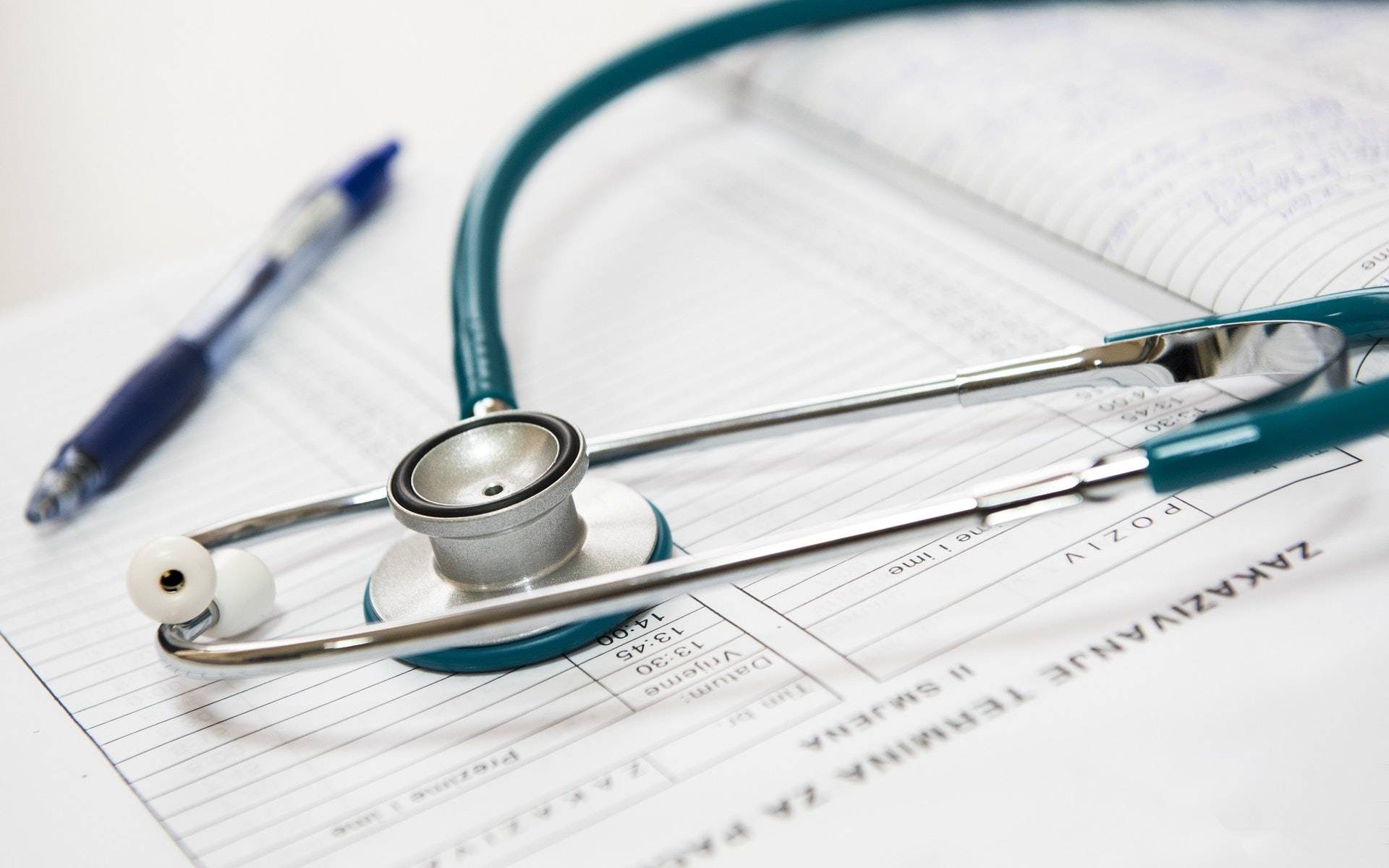
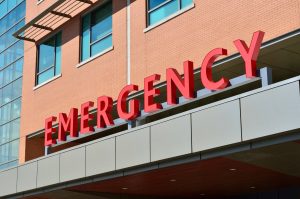 One way to promote overdose prevention is by sharing the common signs of an overdose. Since people rarely die immediately from an overdose, there’s usually time to help save a life by knowing how to respond.
One way to promote overdose prevention is by sharing the common signs of an overdose. Since people rarely die immediately from an overdose, there’s usually time to help save a life by knowing how to respond. If this happens to you, monitor their breathing and keep them awake by walking them around.
If this happens to you, monitor their breathing and keep them awake by walking them around.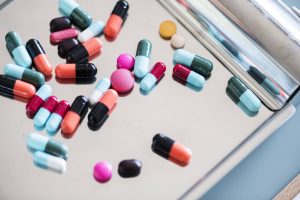 It’s incredibly important for physicians who prescribe opioids to their patients to carefully monitor the patient for the entire duration of them taking the drugs. Physicians should first ask the patient if there is a history of drug abuse.
It’s incredibly important for physicians who prescribe opioids to their patients to carefully monitor the patient for the entire duration of them taking the drugs. Physicians should first ask the patient if there is a history of drug abuse. All drugs should always be kept in a safe place away from children and animals. If possible, keep your prescription narcotics in a locked space so that other family members aren’t tempted.
All drugs should always be kept in a safe place away from children and animals. If possible, keep your prescription narcotics in a locked space so that other family members aren’t tempted.